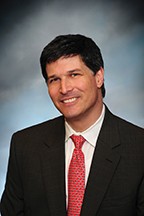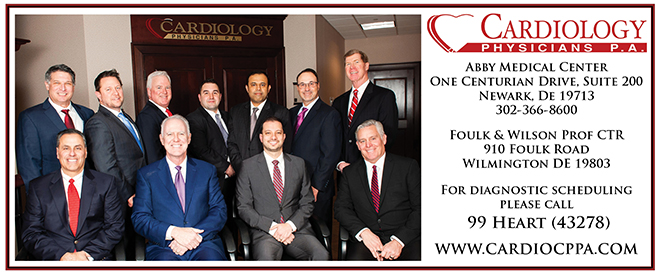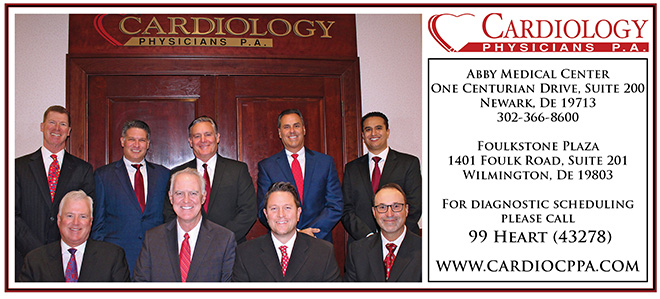Role Of Age And Gender In The Early Recognition Of Heart Attack Victims

By Alan Micklin, M.D., F.A.C.C.
Optimal treatment for heart attack victims is based on early recognition and institution of therapy, particularly reperfusion. However, our ability to institute treatment rapidly is determined by how quickly we recognize the presence of the heart attack (myocardial infarction/MI). Typically, chest pain is the initial symptom alerting us to the possibility of an MI. However, it is possible to suffer a heart attack without chest pain. It now appears age and gender impact the likelihood of this scenario. A study was published in the Journal of the American Medical Association evaluating this phenomenon and its consequences. This registry study included over one million heart attack patients and evaluated for the presence or absence of chest pain. The results are striking. Over one-third (35.4%) of all MI patients presented without chest pain. However, the percentage was significantly higher for women than men (42% vs. 30%). In addition, lack of chest pain was more likely in diabetics. The patients without chest pain were less likely to receive reperfusion therapy such as thrombolytics (clot busting medications) or percutaneous intervention (balloon or stent). They also were less likely to receive appropriate medical therapy such as aspirin, beta blockers, etc. This delay translated into a significantly higher mortality rates for women compared to men (14.6% vs. 10.3%). The mortality difference was greatest in younger women (less than age 55) suggesting the absence of chest pain in young women with MI is an important predictor of survival.
Interestingly, these differences tended to dissipate with increasing age. This variance may be explained by different pathophysiology of younger vs. older women with heart attacks. It has been postulated that younger woman with an MI typically have less narrowing of the coronary arteries with concomitant hypercoagulability, inflammation, spasm or plaque erosion/rupture creating the event. This scenario is particularly more common in young female smokers. This study raises an important question in how to accurately diagnose a heart attack without the presence of chest pain, particularly in young females.
Recognition of atypical symptoms such as shortness of breath, nausea, indigestion, diaphoresis (sweating), pain in other areas (back, neck, jaw, shoulder) is important. Smoking cessation is critical. Physician awareness of the possibility of heart attack in young women and the fact that it is quite common for them not to have chest pain will aid in earlier recognition and institution of therapy which, in turn, will lead to better outcomes. Ultimately, however, further research is needed to improve our understanding of the pathophysiology of these differences and provide the general public and physicians with the best information to allow them to seek early recognition and treatment. In the meantime, patients and physicians should remain vigilant in evaluation of all patients at risk, even with atypical symptoms, particularly the young female who is more likely to present in this fashion.

Alan Micklin, M.D., F.A.C.C.
Dr. Alan Micklin joined Cardiology Physicians, P.A. in July of 2006. He began his studies as an undergraduate biology major at the University of Delaware and graduated in 1986. He then went on to attend the Hahnemann University School of Medicine from 1986 to 1990. Upon his graduation in 1990, he started his residency in Internal Medicine at Hahnemann University. He began his fellowship in cardiovascular disease at Hahnemann in 1993 and was the chief cardiology fellow from 1994-1995. Dr. Micklin is certified in internal medicine and cardiovascular disease, as well as interventional cardiology. He has also been certified to perform nuclear cardiology procedures since 1996 and is certified to interpret vascular ultrasound studies.
Dr. Micklin specializes in both nuclear and interventional cardiology and had been practicing since 1996 in Charlotte, North Carolina before joining Cardiology Physicians. At the University of Delaware he was a member of the Phi Beta Kappa and at Hahnemann University he was a member of Alpha Omega Alpha Honor Societies. He also received a commendation for Superior Performance during his residency at Hahnemann. Some of his clinical responsibilities include nuclear stress testing, echocardiography, and vascular ultrasound. As an interventional cardiologist, Dr. Micklin also performs diagnostic cardiac catheterization including intravascular ultrasound as well as stent placement and angioplasty. He has a strong commitment to inpatient and outpatient clinical patient care.
Dr. Mickin is married with three children. Both he and his wife attended the University of Delaware and were members of the Class of 1986. Hobbies include boating, skiing and golf.
Cardiogoly Physicians P.A.
Abby Medical Center 302-366-8600 One Centurian Drive, Suite 200 Newark, DE 19713
Foulk & Wilson Professional Center 910 Foulk Road Wilmington DE 19803
For diagnostic scheduling please call 99 Heart (43278)
Follow @cardiocppa on facebook



